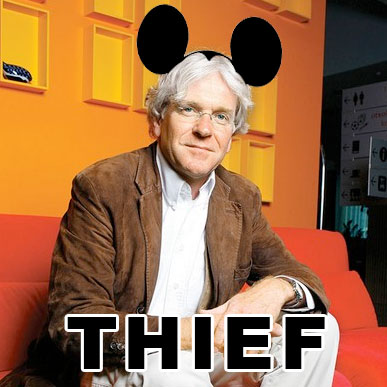The first of Juni 2022, the Netherlands will have a new law that makes it mandatory for every home to have a smoke detector on every level of that house. I have nothing against smoke detectors. We have them at home and I know that they work. I’m not even that much against making safety features mandatory. What I do mind very much, is selling us this stipulation under a cloak of fear and dread when it is perfectly clear that the “life saving” aspect of smoke detectors is statistically insignificant.
Government and safety institutions tout the mandatory use of smoke detectors as a great method to save lives. Well, how many lives you asked? They say as much as 13 to 22! A day you might gasp? No.. no, a year. 13 to 22 lives saved a year if everybody has some detectors on every level of their home and uses them correctly! Surely that can’t be a solid reason to make them mandatory?
Well, it isn’t of course. The argument is emotional and not rational. It also is a easy law to make because 100% of the cost will be covered by the people. Of course smoke detectors are not that expensive, but lets just break the numbers down for a minute. We have 8 million homes with, on average, 2 levels. A cheap smoke detector could cost about 20 euro’s. The longest lasting detectors last 10 years and should be replaced after that period. So that means that society ponies up 8000000 * 40 euro’s every ten years to save 13 to 22 lives a year. Lets make it a nice 25 lives saved or 250 in those 10 years. This would mean than the cost of a single live saved would be in the range of 13 million euros! I know you can’t put a price on a human life, but surely if I have a serious illness, despite the fact that I’m insured, a 13 million euro treatment is most likely not going to happen!
This is all considering the detectors are operated and maintained correctly of course. This means that they will have to be placed preferably on the ceiling along the escape route. This mostly means hallways leading to stairs and front/back doors. The manufacturers generally advice to check the detector once a month to make sure it is still operational. This is a problem.
Assume every one of the 8 billion households do their due diligence and check their detectors every month. That would mean getting a ladder, climbing to the ceiling and operate the device over your head which will make it go off near your ears. This means 8 million * 24 trips up and down a ladder per year. On average, 10 or 11 people die a DAY from falling off of things in their own homes. Making our ageing population do an extra 192.000.000 trips up and down ladders to check if the detector that they will probably never need will certainly cause more deaths due to falling from the ladder due to being in an odd position while a siren is going off in your ear! It will literally kill more people than detectors can possibly save.
Clearly the argument that a smoke detector could save your life is by far not enough to mandate the use of them. It just makes no sense. The odds of a smoke detector doing its job and actually saving lives is statistically negligible. Why not promote them based on what they actually can do, namely minimizing damage because of early warning. That would make sense and the number show this is precisely where their value lies. Do not sell us a law we have to pay for with fear tactics and lies how these things are going to save us, because they rarely do!
You could make it that fire insurance requires less premium if you install detectors or you could subsidize them, but mandatory use that could potentially cause more death that it prevents is not the correct way.
